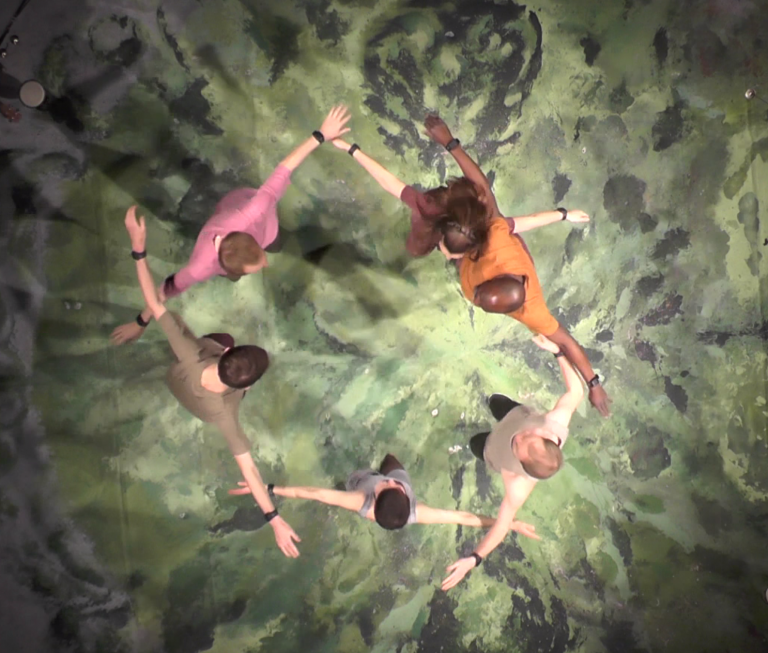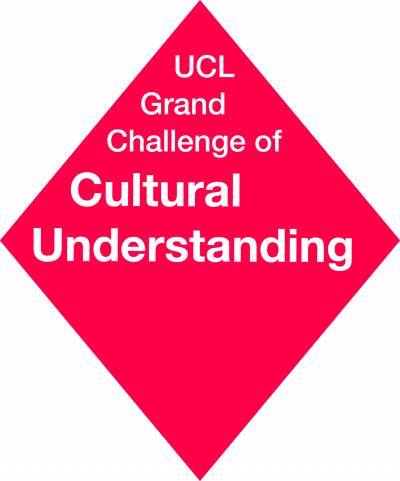Expanding the social self through theatre in adolescents with autism: a pilot study
This GC funded activity was a collaborative project between Jamie Ward and Antonia Hamilton. It is part of the Adolescent Lives initiative from the Grand Challenges.

16 May 2018
Dr Jamie A. Ward, UCL Institute for Cognitive Neuroscience, worked with colleagues at Goldsmiths and the Flute Theatre company on the project, 'Expanding the social self through theatre in adolescents with autism'.
The goal of the pilot study was to measure social engagement in autistic adolescents through a unique combination of theatre and wearable sensing. The work is based on recent evidence pointing to theatre as a powerful way for young people with autism to engage in new social interactions.
The company of actors that make up Flute theatre have, over the last decade, developed an approach to developing theatrical performances of Shakespeare's plays for autistic children that encourage engagement. But how can this be measured? Evidence from psychology suggests that levels of social engagement might be measured using interpersonal synchrony of people's body movements.
With this as the baseline, they set about recording wearable sensor data from a troupe of 6 actors and 12 children during a week of performances at London's Bridge Theatre.
Preliminary findings indicate that wrist-worn motion sensors, worn by interacting children and actors, reveal a high-level of detail on their interpersonal synchrony.
This in turn provided strong evidence for levels of engagement. Some of the data uncovered unexpected moments of engagement between autistic children -- moments that would otherwise be missed if studying using eye alone.
 Close
Close


